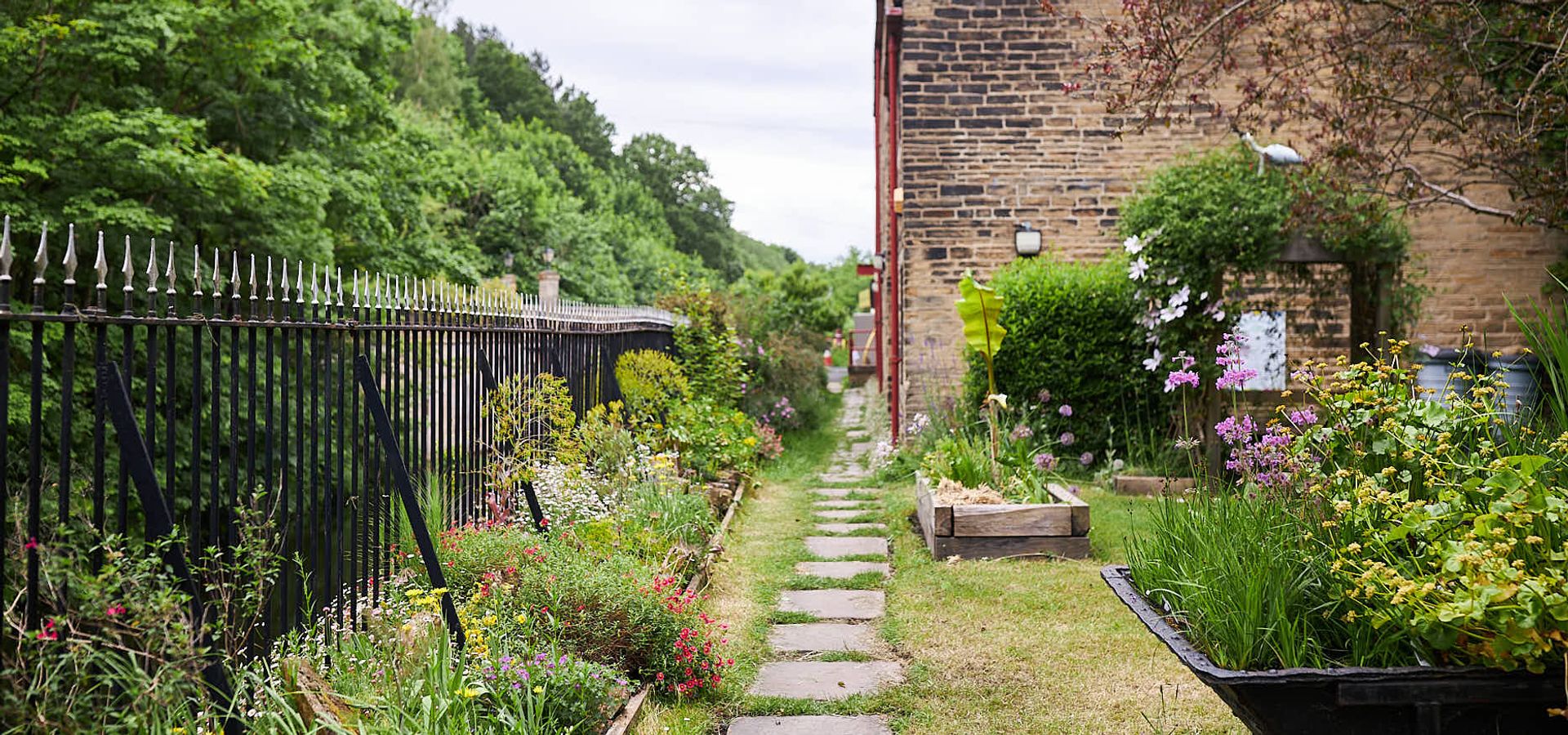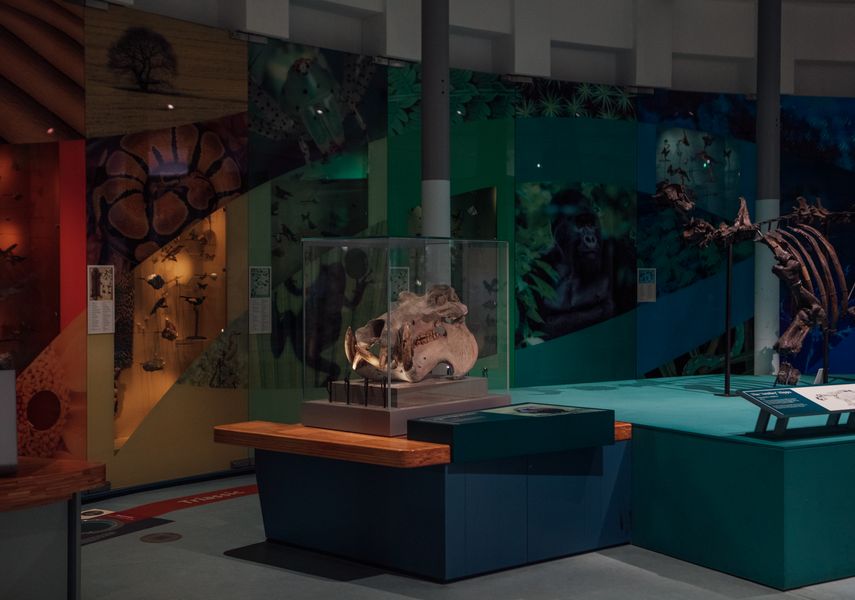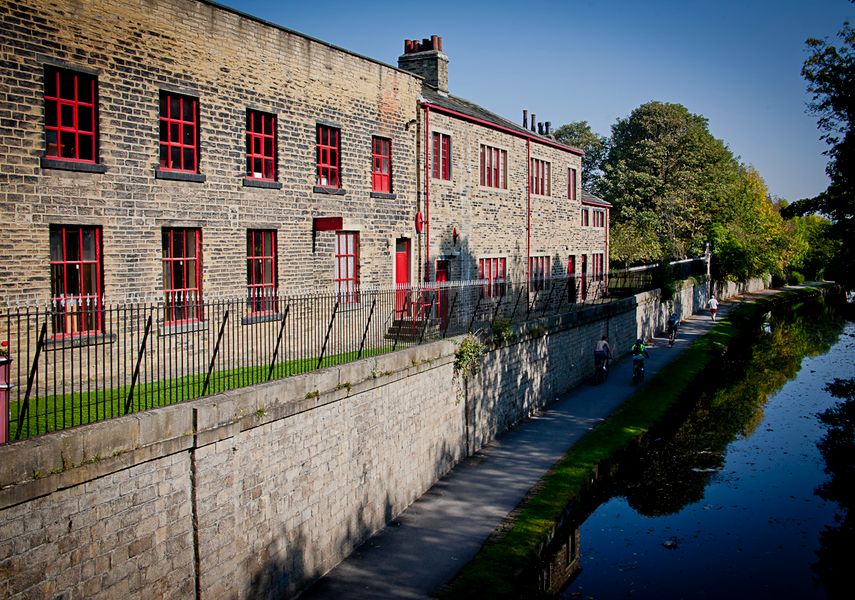
Environmental Sustainability
Working with colleagues across Europe, Leeds City Council have signed an international commitment for low carbon and more inclusive culture known as Eurocities /Lille Call to Action (C2A). Leeds City Council endorsed 13 of the listed priorities within the Lille Call to Action at the Eurocities Culture Forum in Birmingham, October 2023.

Sustainable exhibitions
We aspire to ensure messaging is embedded throughout displays and exhibitions to help inform and guide visitors’ attitudes and behaviour towards the climate crisis. This is also reflected within key galleries across several of our venues, including Life on Earth (natural sciences collection) at Leeds City Museum.
In 2017 our approach to temporary exhibitions shifted and sustainability was put at the heart of our practice, underpinned by an Environmental Sustainability Plan. That year we won a Museums Change Lives award in the category of environmental sustainability at the Museum Association Awards for our exhibition ‘Beavers to Weavers: The Wonderful World of Animal Makers’.
Our sustainable exhibition principles
- Object loans and transport; working with lenders to encourage them to reuse existing crates/packing materials, where possible to utilise public transport or through greener transportation e.g. using electric vehicles.
- Environmental conditions; using air handling systems to maintain stable environmental conditions, to reduce the requirement for constant monitoring.
- Design and build; sustainability criteria was written into project design, utilising more sustainable exhibition graphics, re-using cases and plinths, as well as recycled paint and recycling all other materials where possible.
- Interpretation; focussed on engaging visitors and getting them to think about how they use resources and the impact that this has on the natural world.
- Marketing; we specified that material should come from recycled sources and were 100% recyclable.
- In-gallery activities; aim was to use upcycled and recyclable/reusable activities in the gallery.
- Learning; sought to develop activities for informal learning, which would use low-impact resources and which could be reused or recycled after they had been created.

Heritage Buildings
In recent years we have benefited from improving the efficiency of our buildings. This includes things like installing solar panels at Leeds Discovery Centre, installing a biomass boiler at Lotherton and rolling out a programme of LED lighting across venues. We have also benefited from the Central Government’s Public Sector Decarbonisation funding and three of our venues have been connected to the Leeds Pipes (a district heating scheme linked back to the Leeds Recycling and Energy Recovery Facility).
Environmental Sustainability Policy
We further outline out steps to being more environmentally sustainable in our Envriomental Sustainability Policy.
Website Sustainability
Leeds Museums and Galleries recognise the impact that digital data has on the environment, and as such, have reviewed practices their website will optimise our sustainability through three categories: Web Performance Optimization, Content Findability and Usability, and Green Web Hosting.
You can find out more in our Website Sustainability Commitment.
